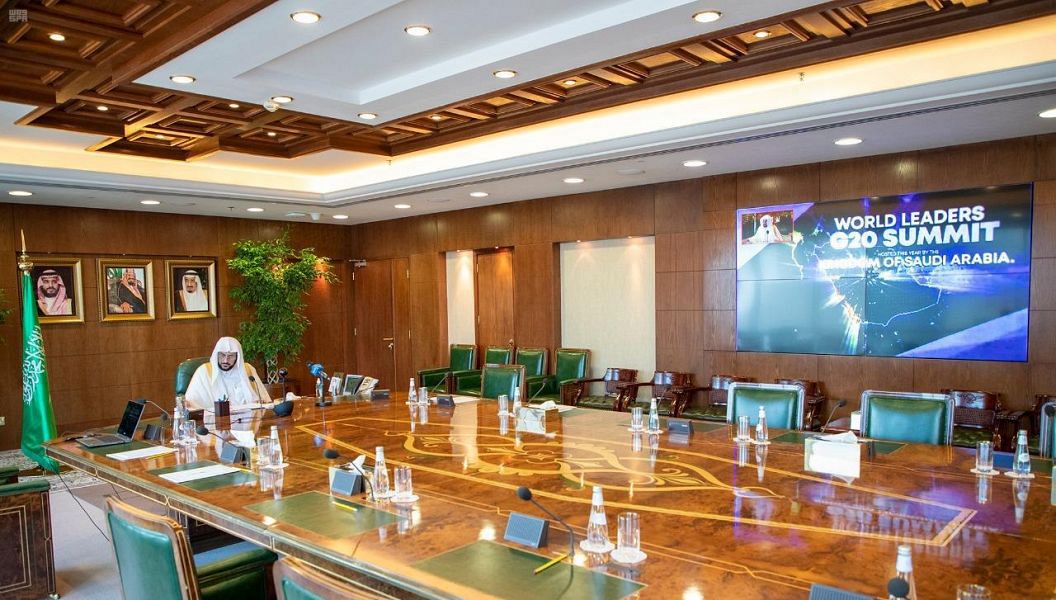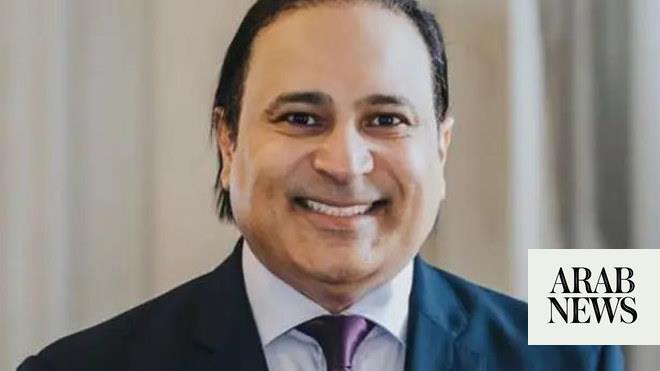
TOKYO: The secretary-general of the King Abdullah bin Abdul Aziz International Center for Interreligious and Intercultural Dialogue (KAICIID), Faisal bin Abdulrahman bin Muammar, has stressed the importance of focusing on common values and ethics to resolve various issues in the world.
In his keynote address at the opening ceremony of the G20 Interfaith Forum in Tokyo on Saturday, he highlighted the importance of dialogue to resolve conflicts and ensure global peace.
The KAICIID chief expressed his pride in his organization’s contributions to and support of previous G20 Interfaith Forums held in Argentina and Germany.
He stressed the importance of the forum in bringing to light the vital work and contributions of religious communities, leaders and organizations, and stated the main goal of the forum was to bring religious insights to the attention of political leaders during the G20 Summit to be held on June 28–29 in Osaka.
Bin Muammar said in addition to wars, violence and climate change, the world is faced with new challenges that need to be addressed, such as technological revolution, digital currency, artificial intelligence and trade disputes.
We cannot achieve peaceful and cohesive societies without engaging religious communities in the dialogue about the problems.
Faisal bin Muammar, KAICIID secretary-general
He pointed out that 84 percent of the world’s population professes a religious faith or tradition, and that the vast majority of these people are encouraged by their values to do good.
“The desire to achieve peace, equality and justice are common to all religions,”he said.
Bin Muammar said: “We must allow religion to be seen as a key part of the solution, and not, as is often the case, the cause of the problem. There can be no more excuse for blaming religion or religious leaders.
“We need to encourage policymakers to embrace the tremendous force for good that the faith community, faith actors and faith-based organizations represent in our world.”
He also urged the UN, governments and the international community to include faith-based organizations in the decision-making process.
“We cannot achieve peaceful and cohesive societies without engaging religious communities in the dialogue about the problems and potential solutions,” he said.
KAICIID, he said, had established sustainable dialogue platforms to help combat hate speech and other forms of incitement to violence, and shaped policy on reconciliation and peace processes through interfaith dialogue in the Central African Republic, Nigeria, Myanmar and the Arab world.
He said KAICIID’s journey showed that when societies are faced with conflict, solutions lie in focusing on common values and ethics, to which religion paves the way.
The annual G20 Interfaith Forum in Tokyo was launched under the title “Working for Peace, People, and Planet: Challenges to the G20,” with the participation of three former prime ministers of the UK, Ireland and New Zealand, representatives of the UN, international organizations, academics, and a recorded message from Pope Francis, the head of the Roman Catholic Church. As many as 2,000 participants attended the conference’s sessions to exchange experiences and prepare appropriate recommendations.







